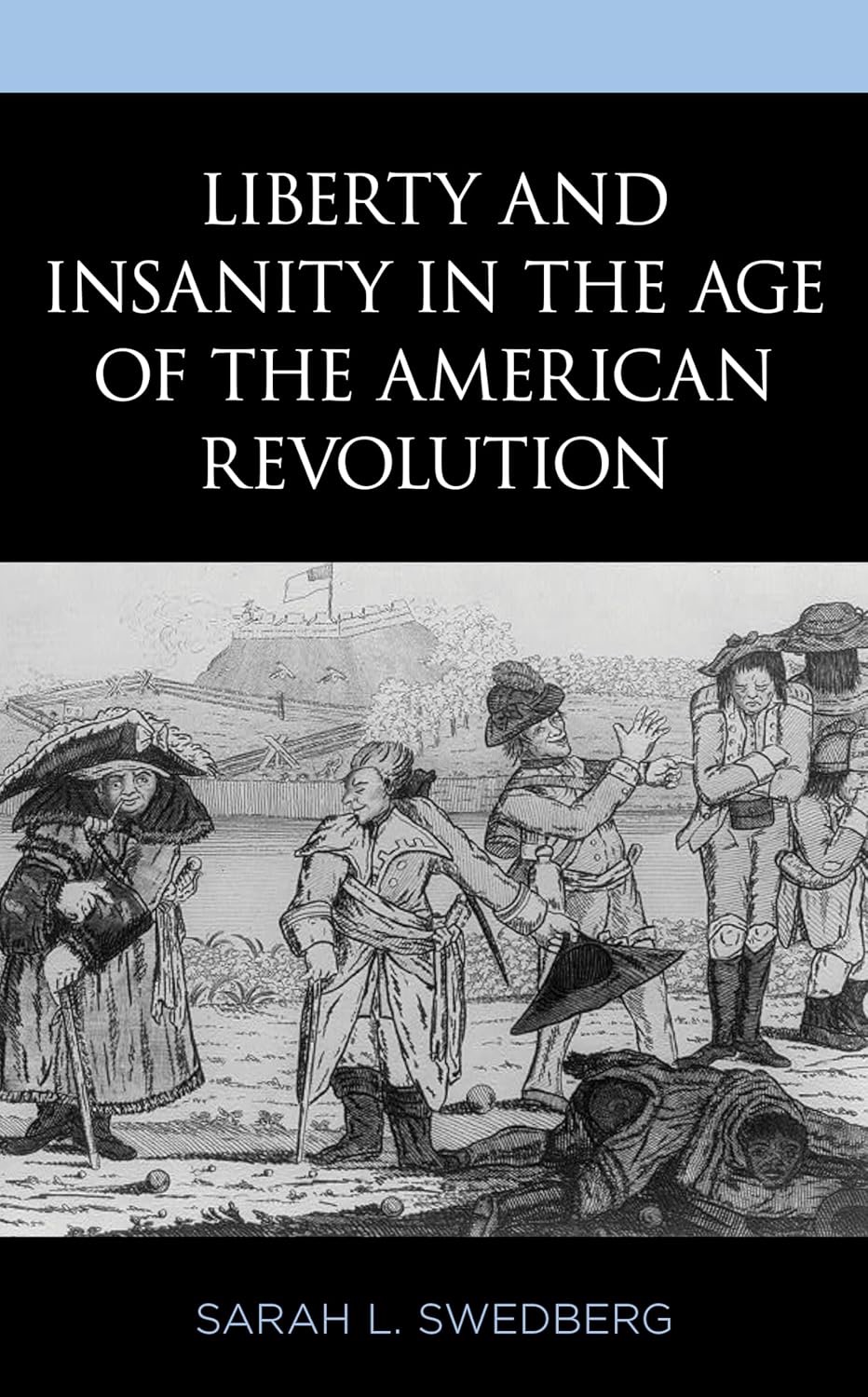Sarah Swedberg is a lifelong activist who engaged in anti-apartheid, AIDS, and anti-war activism in the 1980s and continues to fight for justice for people of color and members of the LGBTQ+ community. She is also a scholar of the early American republic, with a longstanding scholarly interest in the history of mental illness. Her new book, Liberty and Insanity in the Age of the American Revolution, brings together these interests to show how prevalent concerns about mental illness were to the people of the early American republic, who had fought a brutal and unnerving civil war to create their independent republic. Sarah recovers the fears all kinds of Americans had about whether they had unleashed disastrous conditions on their country that fomented group mental illness. And if revolution had led to mass mental illness, what could be done? Her book is a mesmerizing interpretation of the entire Revolutionary and new republic period that puts the inherent instability of a nation founded on liberty on full display.
Rebecca: A good part of the book looks at the tensions between the liberation of the lust for liberty celebrated in the Revolution, and the possibility for individual and group insanity. How were they to know when one or the other won out?
Sarah: In the aftermath of the American Revolution, the more conservative community and national leaders were pretty sure insanity had won out, at least at first. It is a big reason James Madison, Alexander Hamilton, and others advocated for a less-democratic form of government. To them, democracy was anarchy was insanity. We definitely see this in the reaction to Shays’s Rebellion and also in the Federalist Papers.
On the other side, many ordinary people who embraced more democratic forms of government came to believe that the political elite had exchanged one form of despotism for another. One of the leaders of the rebellion, Jacob Chamberlain characterized the post-war system as “Great ones eating up little ones.”
Rebecca: Is it possible to have revolutionary change without political insanity?
Sarah: Dr. Benjamin Rush certainly did not think so, nor did many of the doctors who witnessed the French Revolution. Rush determined that the American Revolution had created a new disease he called Anarchia, and French doctors detailed cases of morbus democraticus.
